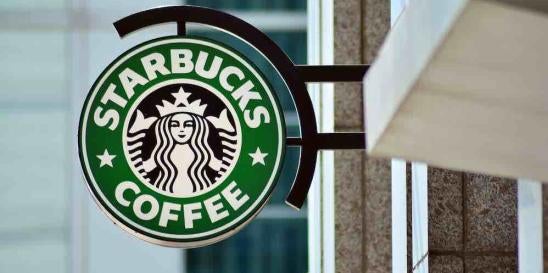If you don’t already know, Starbucks has been in a pretty big labor dispute, and there are bound to be lessons for all of us. If your company has internal documents about relations with prospective unions, you may have to disclose them in a labor dispute even though pre-hearing discovery is generally not available. You may get last-minute requests, and you, like Starbucks, will have to respond.
Background
In July 2022 the National Labor Relations Board certified Workers United, affiliated with Service Employees International Union, as the bargaining representative for a Starbucks unit in Vernon, Connecticut. The union alleged that Starbucks engaged in unfair labor practices in the months leading up to the union election. The general counsel subpoenaed electronically stored information (ESI) from Starbucks a few days before the hearing set for April 11, 2023. On the morning of the hearing, Starbucks produced documents in TIFF+ format. When the hearing began, the general counsel raised alleged discovery issues and the hearing was adjourned.
Generally, there is no pre-hearing discovery in a labor dispute hearing. Here, the NLRB subpoenaed Starbucks’ “Petition Store Playbook” for the upcoming hearing. Starbucks responded with a petition to have the subpoena revoked, noting that such a “playbook” document did not exist by that name and that they would produce the particular store manager to testify to that point rather than a records custodian for “discovery on discovery” efforts. The administrative law judge (ALJ) denied that request, ruling that Starbucks needed to produce the playbook at issue or have a records custodian available to testify as to the search for documents. The judge also ruled that if Starbucks produced its documents in TIFF+ format, it needed to do so at least four business days before the hearing (because the NLRB said its Relativity vendor needed two or three days to process the data into a usable format).
After the ALJ denied Starbucks’ request, it submitted a special appeal of the decision.
Ruling
A three-member panel affirmed the ALJ’s decision. Per the order, an ALJ has “broad discretion” to rule upon petitions to revoke subpoenas and regulate the hearing.
The panel found:
[I]t is within the judge’s broad discretion, granted by the Board’s Rules and Regulations, to require the Respondent’s subpoena responses to be at a time and in a format that is reasonably usable by the start of the hearing or, as in this instance, by the resumption of the hearing. Accordingly, we conclude that the judge did not abuse her discretion in requiring that documents produced in TIFF+ format be produced a reasonable number of business days (here, 4) before the hearing resumption date.
Starbucks argued that production of such documents four days before the hearing amounted to impermissible pre-hearing discovery. The board panel rejected this argument because the documents produced in TIFF+ format needed to be made available in advance for the third-party vendor to process the information into a usable format. The board noted, however, that the judge would have discretion to limit access to the documents if they were made available before the hearing.
Takeaways
Although the ALJ process generally does not allow for discovery, there can be exceptions and you need to be aware that you may be subpoenaed for documents at a hearing or be forced to have a records custodian testify as to the search conducted for documents. Given the current board’s makeup, we should expect more such requests and enforcement orders.





 i
i


